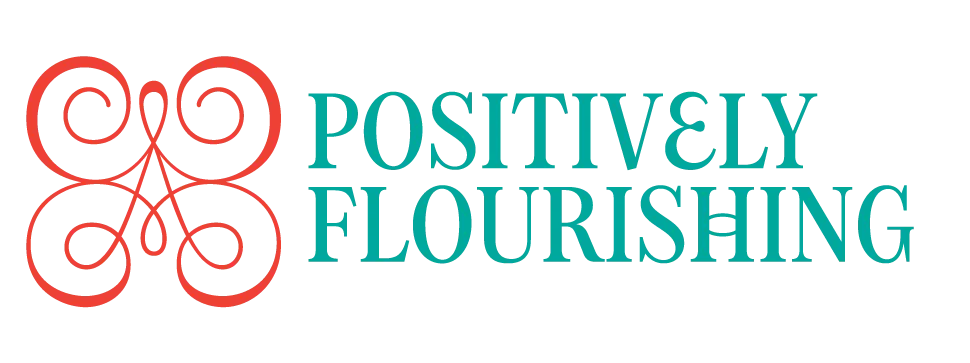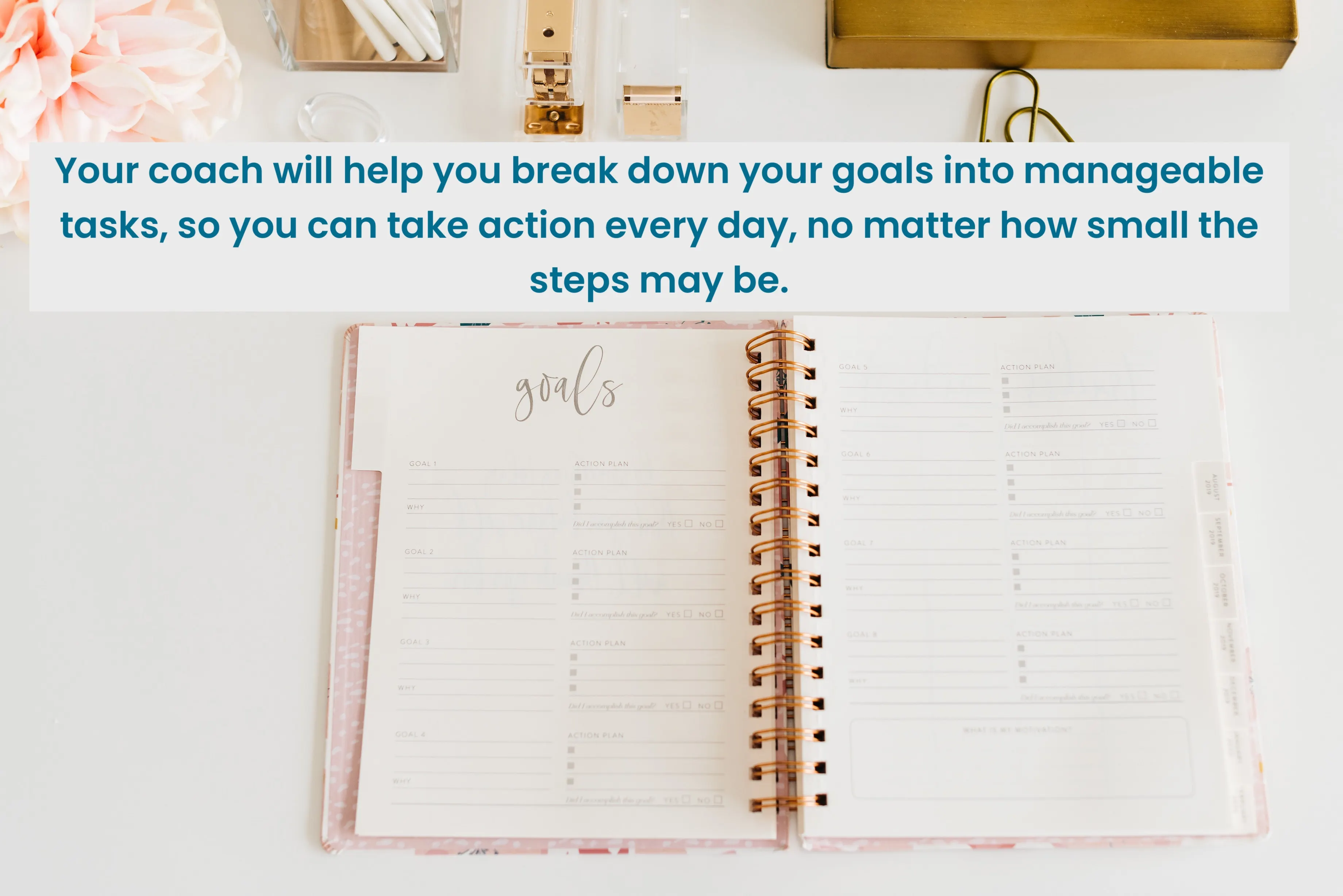MINIMUM VIABLE ACTION
When we think about making changes in our lives, it's easy to get overwhelmed by the enormity of the task ahead. Whether it's starting a new business, learning a new skill, or making a big life change, the sheer scope of the undertaking can make us feel like giving up before we even begin.
But the truth is, you don't need to have everything figured out or have a perfect plan in place to get started. In fact, sometimes the best way to move forward is to take a minimum viable action.
What is a minimum viable action? It's simply the smallest possible step you can take towards your goal. It might be making a phone call, sending an email, or spending just five minutes researching your options. The key is that it's something achievable that will move you in the right direction.

Why is this important? Taking a minimum viable action can help you overcome the inertia that often holds us back. When we're faced with a daunting task, it's easy to get overwhelmed and procrastinate. But by taking a small step, you're signalling to yourself that you're committed to making progress. And once you've taken that step, you'll often find it easier to take the next one.
Another benefit of taking a minimum viable action is that it can help you avoid analysis paralysis. When we're faced with too many choices or too much information, it can be hard to make a decision. But by focusing on just one small step, you're simplifying the process and making it easier to move forward.
So if you're feeling stuck or overwhelmed, try taking a minimum viable action. It might not seem like much, but it can be the start of something great. And remember, progress is progress, no matter how small.
_________
REFLECTIONS:
1. What is the simplest, smallest action you could take today toward your goal?
2. What did I learn from taking this small step? Reflect on what you discovered from taking action, whether it's a new idea, a potential obstacle you hadn't considered, or a better understanding of your goal. By focusing on what you learned, you can identify what worked well and what you can improve on in the future.
3. What else can I do to move forward? Consider what additional steps you can take to build on the momentum you've created. Perhaps there are other small actions you can take, or maybe you're ready to tackle a bigger challenge. By thinking about what's next, you can keep yourself motivated and moving in the right direction.
4. What obstacles might I encounter and how can I overcome them? Thinking about potential roadblocks before they happen can help you prepare for challenges and setbacks. Consider what obstacles you might face on your journey and come up with strategies for how to overcome them. This can help you stay focused and resilient in the face of adversity.
Tap into your power. You've got this!

